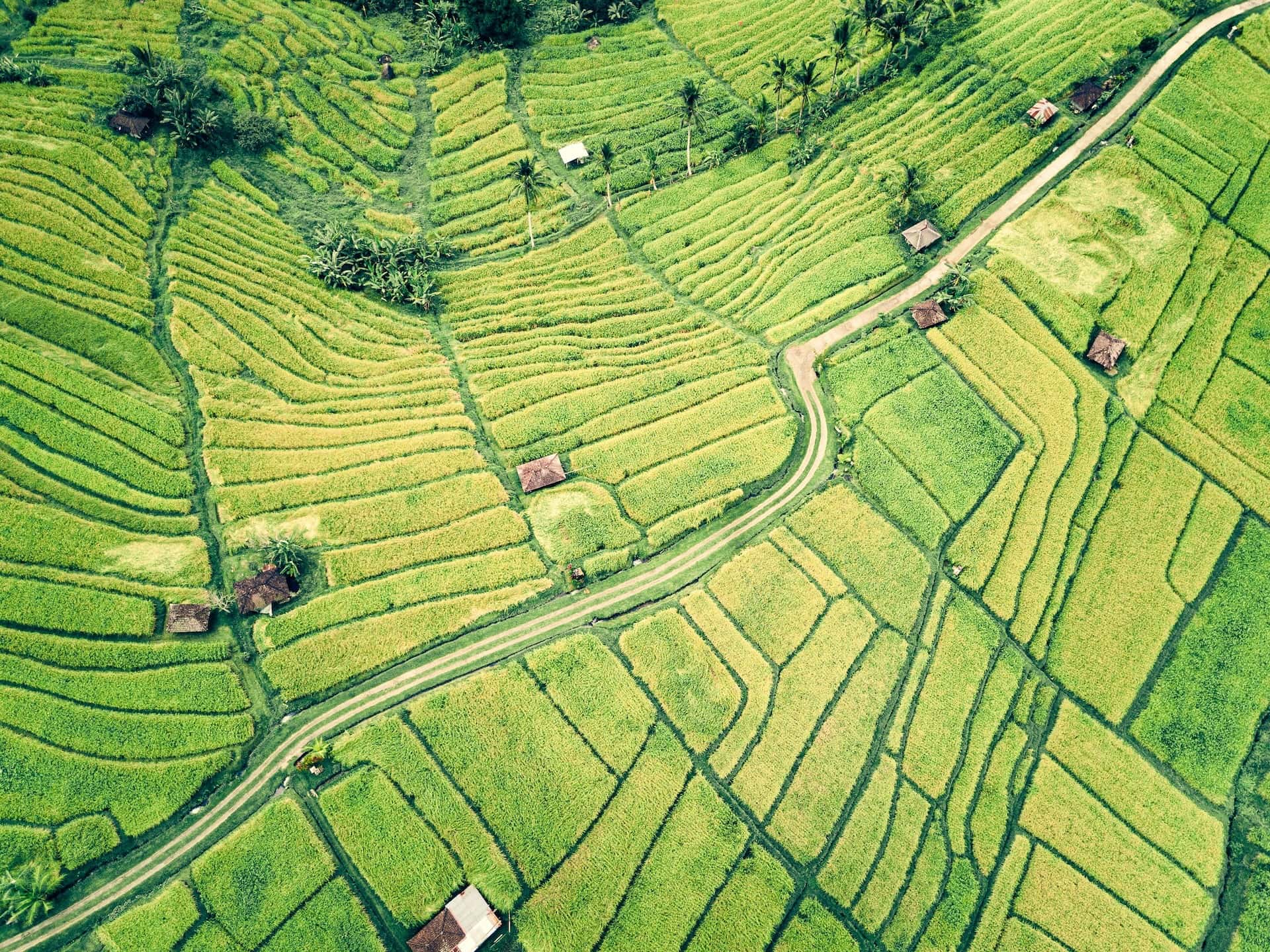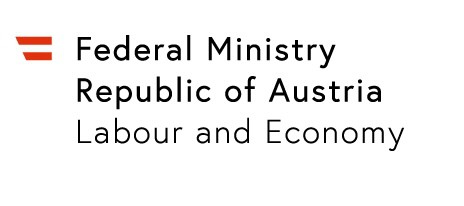In a move set to reverberate across global markets, India, the world’s largest rice exporter, is seen to be poised to maintain its rice export restrictions until at least 2024, keeping world prices elevated. Pioneering a new model, researchers from the Complexity Science Hub (CSH) and the Supply Chain Intelligence Institute Austria (ASCII) highlight the profound implications this holds, particularly for numerous African and West Asian countries.
IN SHORT
- African and Middle Eastern nations face substantial losses, up to 304 kg per capita.
- Indirect effects impact secondary products like meat or eggs; Liberia, for example, faces losses of 5.2 kg per capita over secondary products.
- To mitigate global disruptions, a diverse group of importing nations is essential for stability.
Given that India holds around 40% of the global rice trade with a trade volume of $9.7 billion, ongoing export restrictions are likely to contribute to further price increases in the coming year. “Surprisingly, the strongest impacts of these restrictions are not felt in India’s direct neighborhood, where countries are more likely to compensate for Indian rice exports through domestic production,” explains Peter Klimek, ASCII director and CSH researcher.
Instead, the impact is most pronounced for many African and West Asian nations heavily reliant on India’s rice imports, as indicated by the adaptive shock propagation model on the global food trade and production network developed by ASCII and CSH.
LOSSES OF UP TO 300 KG PER CAPITA
Despite variations in domestic rice production (ranging from 82% in Nepal to 0% in Djibouti), severely affected countries share a commonality: they rely on India for at least 75% of their rice imports.
If India were to cease rice exports entirely, Djibouti, Guinea, Nepal, Benin, and Liberia are projected to face the highest absolute rice losses per capita. According to Klimek, “these losses can reach up to 304 kg per person, as seen in the case of Djibouti.” The Middle East would face the highest average losses per capita, estimated at around 20.8 kg, followed by Sub-Saharan Africa with 14.9 kg.
INDIRECT LOSSES
However, the model not only demonstrates how a total export stop of a specific commodity in one country, such as rice in India, affects the direct availability of the commodity in other countries but also outlines the indirect impact on the availability of other commodities. “With our model, we take compensation mechanisms, such as changing trading partners or product allocation, into account,” Klimek explains.
Indirect effects through production and further trade can impact the availability of a range of secondary products such as meat, sweeteners, or alcohol. For example, Liberia’s losses in secondary products, excluding rice itself, amount to 5.2 kg per capita. While Djibouti, for instance, experiences immense direct losses, countries like Nepal or Guinea, with extensive domestic rice production, face higher indirect losses. This is due to these nations utilizing a significant portion of their rice stocks as seeds for further rice cultivation.
A DIVERSIFIED GROUP OF IMPORTERS
Since last year, India has implemented several restrictions, including a ban on the export of non-Basmati rice and white broken rice in July 2023, constituting over 40% of total Indian rice exports. Additionally, minimum sale prices for Basmati rice and a tariff on parboiled rice have been imposed.
The Indian government officially justifies these measures as essential for ensuring food security domestically. However, with state rice reserves in November 2023 double the intended amount, these restrictions are often seen as an attempt to address the local population ahead of the 2024 elections.
The recent exacerbation of food insecurity due to the Ukraine war and resultant wheat shortages, coupled with the anticipated impact of El Niño on global rice supply, emphasizes the need for a long-term, diversified group of importing countries to guarantee stability and sustainability in the face of disruptions in the global value chain, according to Klimek.



